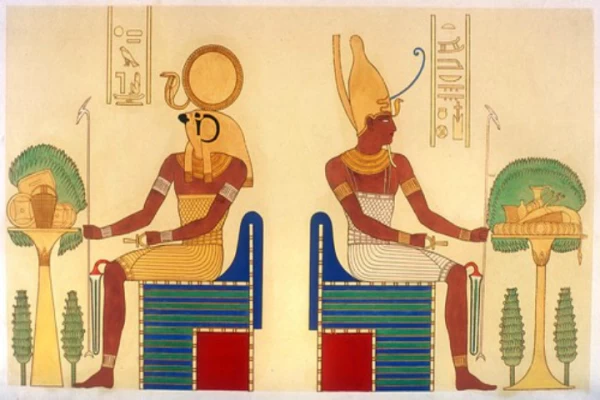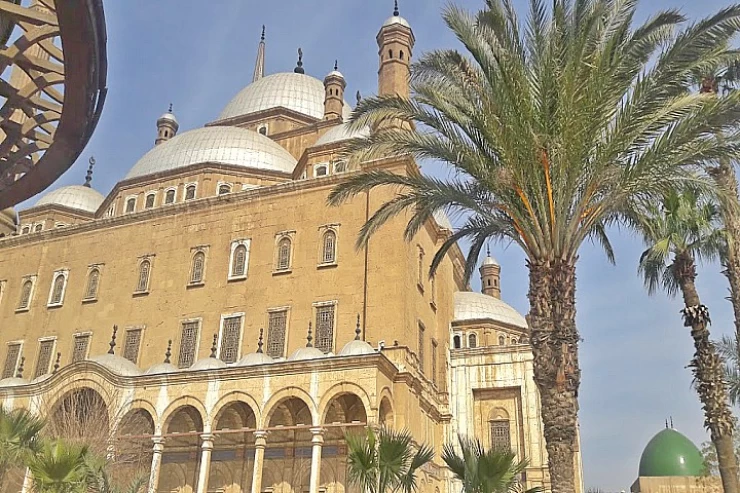
Egypt's Pharaonic History
Egypt's Pharaonic History
The Ancient Egyptian civilization or Pharaonic civilization is the civilization that existed in Egypt under the rule of various Pharaonic dynasties from the dawn of history until the Roman conquest of Egypt. Each of these states represents an era of prosperity and progress, and includes a number of Pharaonic dynasties that ruled a unified Egypt. These states are headed by the three most famous kings who united the two halves of the country: Narmer (Mina), Mentuhotep II, and Ahmose I.
The Old Kingdom was preceded by an ancient era that included the First and Second Dynasties, during which the foundations of Egyptian civilization were laid and the pillars of the Egyptian state were strengthened. The country also went through an era of weakness in which foreigners controlled part of the country, and near the end of Pharaonic history, the country enjoyed an era of renaissance known as the Sawi era, in which Egyptians tried to rise their country again and revive its ancient glory, and historians have divided this Pharaonic era into thirty-one ruling dynasties.
At the end of the age of the pharaohs, Egypt was attacked by invaders, as the Libyans, a people who traveled from the western borders of Egypt, entered it and gradually took control of the seats of power. Shosheng I, a pharaoh of Libyan origin, was the first pharaoh of the 22nd dynasty who tried to restore the glory days of Ramses III with several invasions in the 10th century BC.
In the eighth century BC, the Nubians or Kushites seized the Egyptian throne during a period of political unrest and a series of Kushite pharaohs ruled Egypt for nearly a century as the 25th Dynasty before being ousted by Assyrian invaders. Once the Kush kings took power, that was the end of Egypt as an independent power. Then came the Assyrians, followed by the Persians, Greeks and Romans, before the Muslims entered it in the Arab-Islamic conquest.
















